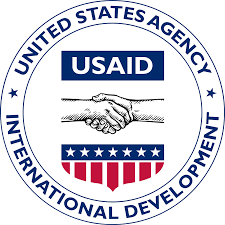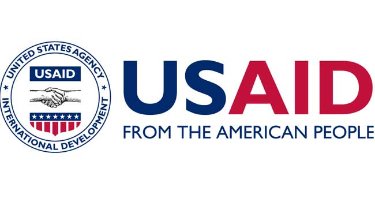The United States, through its development agency USAID, has recently announced an additional $176 million in humanitarian assistance aimed at addressing the dire needs of several West African countries, including Nigeria and Mali. According to a statement released by USAID on Tuesday, this substantial aid package is designed to support communities in Burkina Faso, Cameroon, Chad, Mali, Mauritania, Niger, and Nigeria, all of which are grappling with severe humanitarian crises driven by conflict, food insecurity, and widespread displacement.
USAID emphasized that the new funds would be channeled through the United Nations and its partner organizations, such as the UN World Food Program (WFP), UNICEF, and the UN Office for the Coordination of Humanitarian Affairs (OCHA). The assistance aims to provide critical support, including food aid, nutritional programs, safe drinking water, emergency healthcare services, and protection measures for the most vulnerable populations. The statement underscored the urgency of the situation, noting that these resources would enable humanitarian partners to reach more people with life-saving aid.
While this announcement highlights the international community’s ongoing efforts to address humanitarian issues in West Africa, Nigerian President Bola Tinubu has offered a contrasting perspective on the reliance on foreign aid. Speaking at a joint National Assembly session in Abuja, marking the first anniversary of his administration, President Tinubu asserted that no amount of foreign aid could fundamentally resolve Nigeria’s challenges.
In his address, President Tinubu emphasized the importance of self-reliance and national unity in tackling the country’s issues. He remarked, “We have no other choice; it is our nation. No other institution or personality will help us unless we do it ourselves. No amount of aid from foreign countries or any other nation will fix us; they take care of themselves first. Let us work together as we are doing to build our nation, not only for us but for generations unborn.”

President Tinubu’s comments reflect a broader sentiment about the need for homegrown solutions to Nigeria’s problems. His speech underlined a call to action for Nigerians to take responsibility for their nation’s future, urging collective effort and solidarity. He argued that while foreign aid can provide temporary relief, it is ultimately the nation’s citizens who must drive sustainable development and lasting change.
This dual narrative—the provision of substantial international aid juxtaposed with a call for national self-reliance—highlights the complex dynamics at play in addressing Nigeria’s multifaceted challenges. The USAID funding is undoubtedly critical for immediate humanitarian needs, providing essential support to millions of people affected by conflict and instability. However, President Tinubu’s remarks serve as a poignant reminder of the necessity for internal solutions and the empowerment of local institutions and communities to foster long-term resilience and growth.
In summary, while the United States’ additional $176 million in aid through USAID represents a significant commitment to alleviating suffering in West Africa, including Nigeria, President Tinubu’s assertion underscores a critical perspective: the ultimate responsibility for Nigeria’s progress and stability lies with its people. This blend of international assistance and a strong call for national responsibility illustrates the multifaceted approach needed to address the region’s complex humanitarian and developmental challenges.




